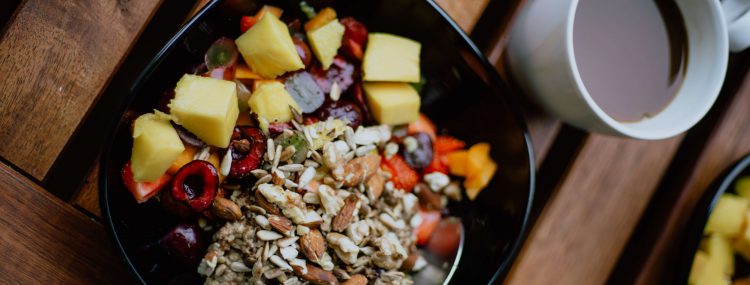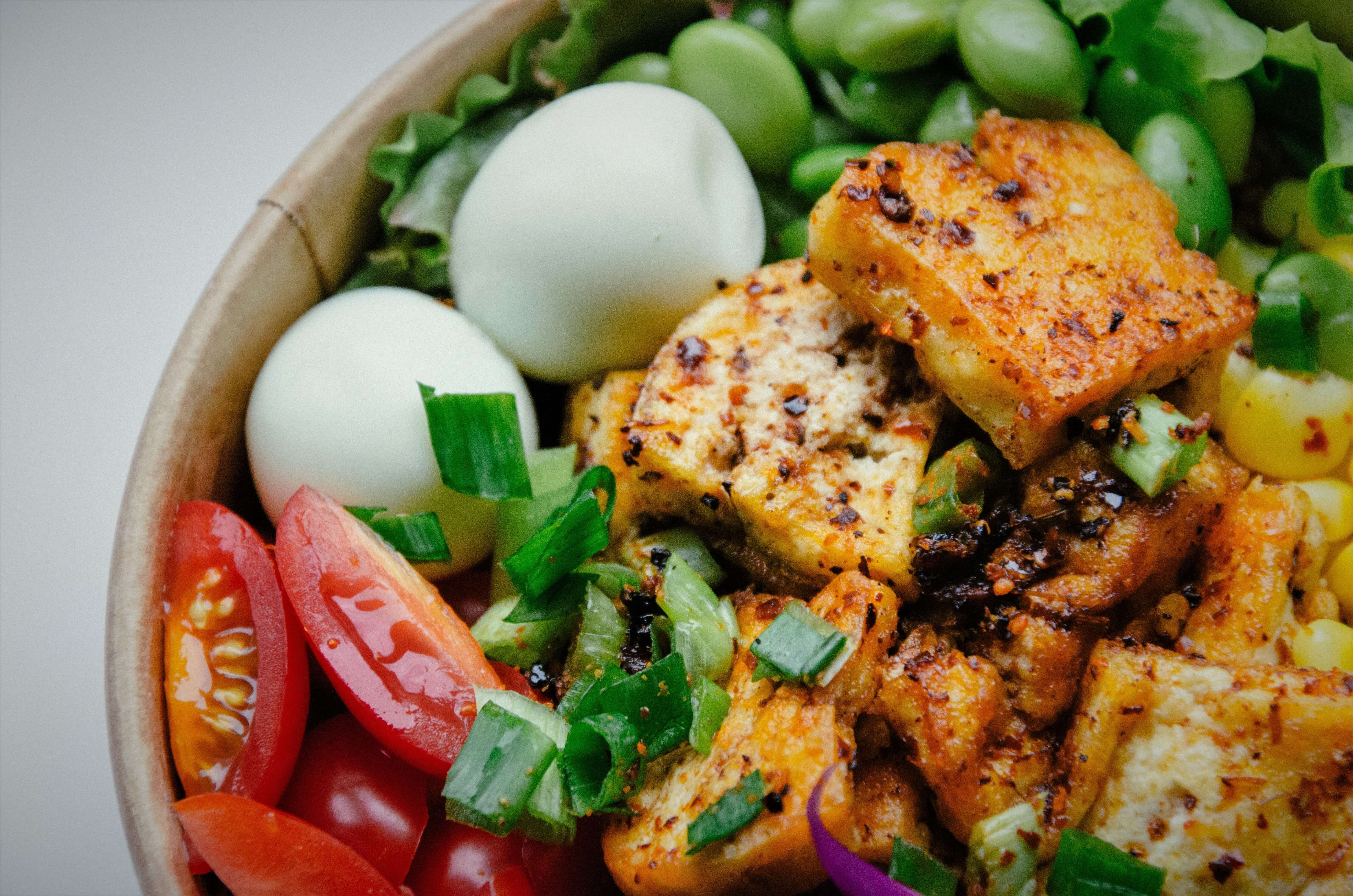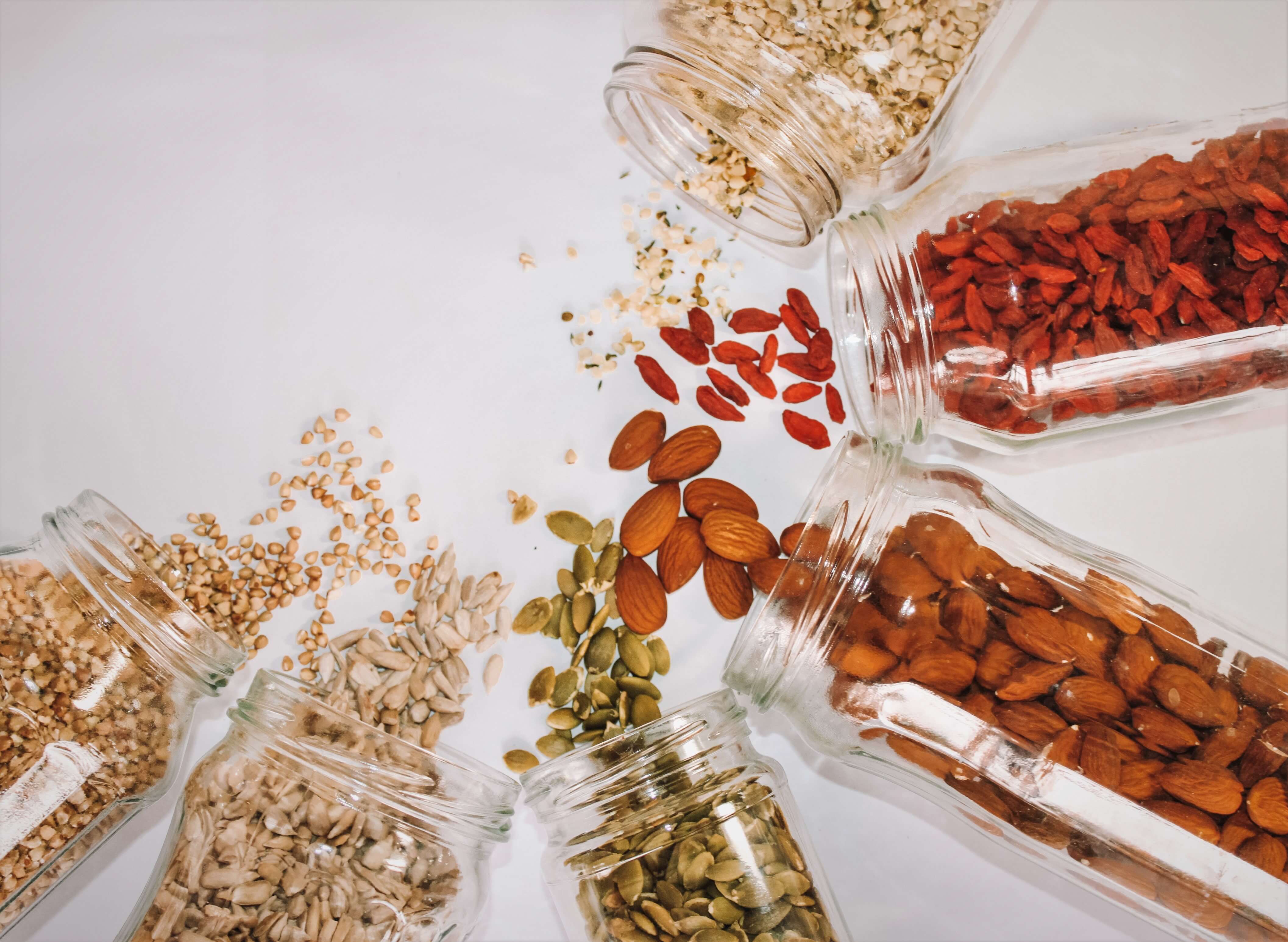
5 Ideal Foods For A Tuberculosis Patient
Once a dreaded disease with fatal outcomes, TB or tuberculosis is now much better understood and treated. It is an infectious disease caused by the bacteria called Mycobacterium tuberculosis. When a person with TB coughs or sneezes, the air gets contaminated with the germs. When another person breathes in these germs, there is a chance that they will become infected.
Symptoms and deficiencies during TB
Symptoms of TB include weight loss, weakness, night sweats, shortness of breath, etc. According to WHO (World Health Organization), being undernourished or poorly-nourished itself is a risk factor for developing TB.
Nutrition, therefore, is a major contributor towards recovery and management of tuberculosis. Usually, patients are put on a high dose of antibiotics for a prolonged period and these have significant impacts on nutrient absorption of vitamin B6 or pyridoxine, vitamin D (which in turn impacts calcium absorption), and several minerals.
WHO also states that TB patients have low circulating concentrations of micronutrients, such as vitamins A, E and D and the minerals iron, zinc and selenium. Both tuberculosis prevention and treatment should focus on preventing and treating malnutrition, especially under-nutrition, which lowers immunity and creates a host of nutrient deficiencies. This can be achieved by eating well-planned, balanced meals for breakfast, lunch and dinner.
Nutrients and foods for a tuberculosis diet
Calorie-dense foods:
The best foods for TB patients would need to be high in calorie and nutrient-rich to meet rising metabolic demands and to prevent further weight loss. Calorie-dense foods include banana, cereal porridge or kheer, rava or sooji kesaribhath or a halwa, peanut chikki, rava laddoo, wheat and ragi sprouted malt porridge or drink, khichdi and so on.
Protein-rich foods:
Increased protein needs are met by including groundnut, gingelly chikki or laddoo, or dry fruit and nut mixes. If you are not able to eat due to poor appetite, the dry fruits and nuts can be powdered finely and mixed into a milkshake or added to roti or phulka. Eggs, paneer, tofu, and soya chunks are other protein-rich foods that are easily absorbed as well. These can be diced into small pieces or grated and added to soups or porridges or milkshakes.

Vitamins A, E, C:
Some of the best foods for TB patients include the yellow-orange fruits and vegetables such as orange, mango, papaya, sweet pumpkin, and carrots which are rich in Vitamin A, while Vitamin C is found in fresh fruits like guava, amla, orange, tomato, sweet lime, lemon, and capsicum. Vitamin E is usually found in wheat germ, nuts, seeds and vegetable oils.
B-complex vitamins:
Most B complex vitamins are found in whole grain cereals and pulses, nuts and seeds. For non-vegetarians, B complex can be obtained from eggs, fish (especially sea fish like salmon, tuna, mackerel and sardines), chicken, and lean cuts of meat.
Selenium and zinc:
Brazil nuts are the best source of selenium. Fortified eggs are also available these days. Mushrooms and most nuts and seeds, including sunflower seeds, chia seeds, pumpkin seeds, sesame and flax, are also good sources of both selenium and zinc. Non-vegetarian options include oysters, fish and chicken.

Besides the intake of the above nutrients, it’s important to have meals and snacks (healthy snacks!) at the right time. The snacks can include boiled sprouts, grilled vegetables with paneer, a glass of almond milk or soy milk, flavoured boiled beans, etc. The treatment of tuberculosis is long-term, and getting used to a routine would help; make a timetable for breakfast, mid-meal snacks, lunch, evening snacks, and dinner.

Source: https://www.lybrate.com/topic/diet-for-tuberculosis
What to avoid during TB
While gaining your strength after a bout of tuberculosis and the resulting malnutrition, avoid the indulging in:
- Alcohol and tobacco
- Coffee and caffeinated drinks
- Refined products (like sugar, white rice and maida)
- High-fat, high-cholesterol red meats
- Greasy and fried foods
- Trans-fatty acids (check ingredients and avoid “partially hydrogenated vegetable oil”)
The medicines you take for TB may have side effects that lead to loss of appetite and feelings of nausea. Consuming the required nutrition is vital, however, so talk to your doctor about what can be done to avoid the side effects.
Calorie Care offers well-planned meals to nourish with all required vitamins, minerals and proteins while taking care to provide just the right number of calories. Designed and executed by professionals in both nutrition and food service, the Calorie Care meals are just what the doctor ordered for your health and disease prevention.


